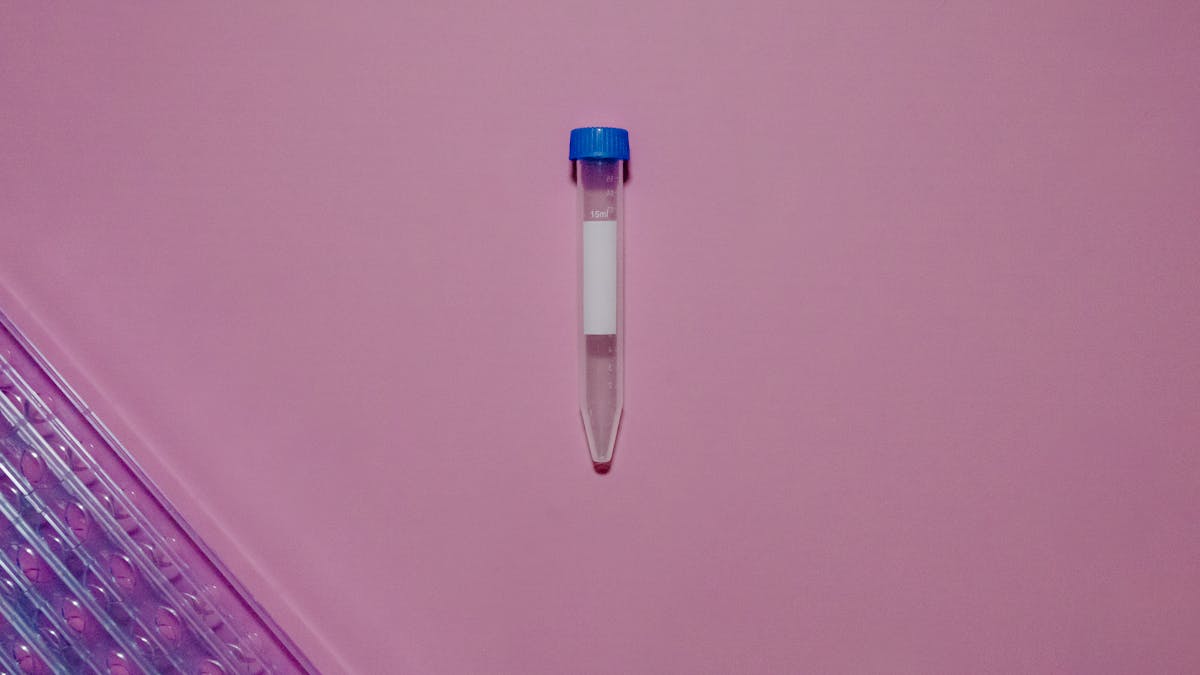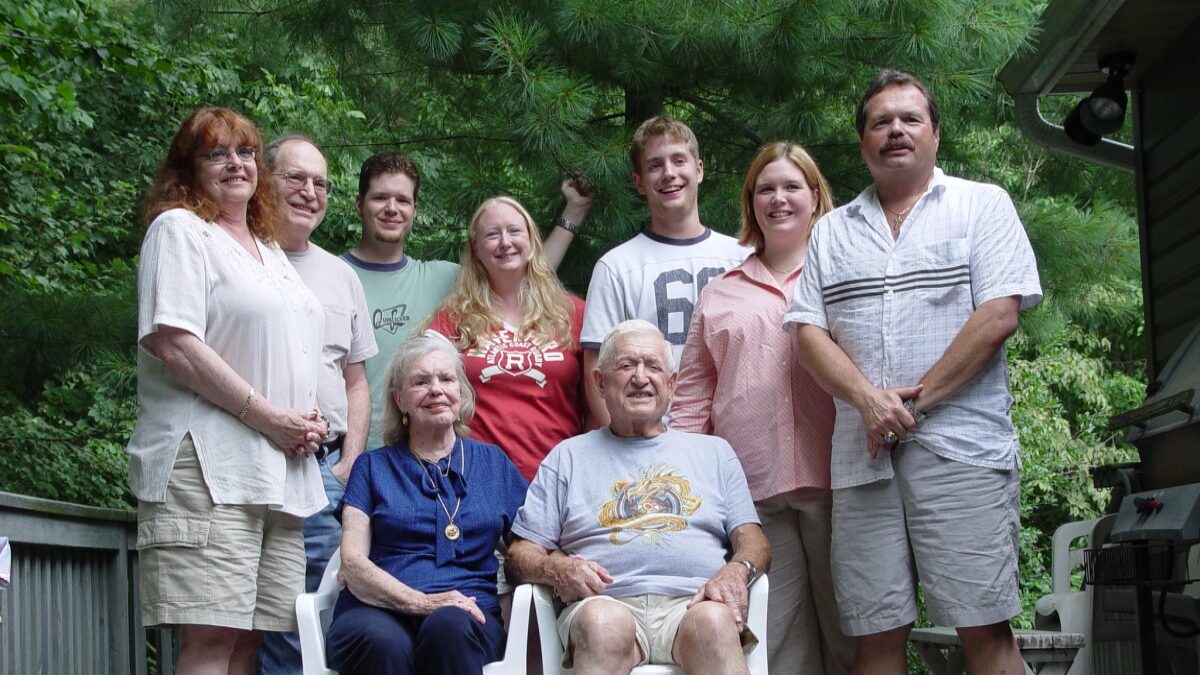
On the eve of the nationwide protest “A Day Without A Woman,” I received a phone call from my mother. “Your dad is in the hospital and isn’t doing well.” This isn’t the first time I’ve received a phone call like that. My father is a disabled veteran who has battled diabetes for years. His health has been a constant struggle, but he has always pulled through. This time it’s much worse.
“I’ll be there as soon as I can,” I said. My 76-year-old mother cares for my father alone since my brother and I live far from our childhood home. Unlike the women striking, my mother would never consider leaving my father’s side. She is ever faithful to him, tending to him, nursing the sores on his feet, bathing him, cooking for him, cleaning him when he can’t do it himself.
My father doesn’t need to be “taught a lesson” to appreciate her. He knows all too well what his life would be like without her. He loves her, needs her, still desires her with his whole heart even at the age of 80. And my mother feels the same for him.
My Knight In Shining Armor
As I pack my bags, I can’t help but think of how silly it is for women to be protesting some mythical injustice by refusing to do their jobs and care for their families, particularly the men in their lives. It’s unconscionable to me. My father is lying in a hospital room—a man who has sacrificed for his country, his children, and his wife—and I can’t imagine turning my back on him. My mother wouldn’t. None of us would.
That’s because we love him. We’re grateful for him. My father is an imperfect man who loves me. He picked me up when I fell, held me when I was afraid, yelled at me when I did something wrong, pushed me when I wanted to quit, cared for me when I was sick, and supported me when I made wrong decisions. I don’t need to join a protest to make some kind of feminist statement. I know he cares about me, appreciates me, and is proud of me.
Instead of protesting the men in our lives, which is essentially what the Day Without A Woman is really about, I want to honor one. I want to tell you something about my father, the first man in my life I loved and the man I will always cherish like no other.
I wrote the following post at Ricochet a few years ago. I would like to share it with you in honor of my dad, as I go to be with him, because, very soon, there will be a day without him, and my heart will break. Here it goes.
Nothing Between Me and the Net But the Goalie
It was the championship soccer game, and the score was 0 to 0. Only two minutes were left in the game, and I didn’t want to face a grueling round of penalty kicks. I was determined to win straight out with all the players still on the field. I also wanted to beat the one team that had challenged us all year for the number-one spot.
It was a vicious middle school rivalry, complete with cursing, hair pulling, jabbing elbows, and an occasional punch when the referee wasn’t looking. As captain, I was one of the primary targets. I was also the one player who had racked up more goals against this team than anyone else all season. The goalie was out for blood, as was the massive center defender who could have passed as a linebacker on the high school football team.
The late summer sun beat down on us from a hard blue sky. Once green grass was brown, and bare patches spotted the field. The air smelled of pine and dirt and body odor. After a long game in 98-degree heat, I was covered in grime and sweat; blood dripped down my leg from a defender’s cleat. I was exhausted.
But I wasn’t about to give up. When I saw an opening, I took it. I raced down the sideline past the midfielders then cut to the center of the field, motioning for a teammate to pass the ball. She kicked it right to my feet. I trapped it and turned only to find myself face to face with the massive defender. I faked to the right, then dribbled around her to the left. I can still hear her blood-curdling scream in my ears. She might have been big, but she was slow. I was skinny, but fast.
No one stood between me and the net but the goalie. She squared off and I shot the ball, hard and straight. The ball slammed into her face, and she hit the ground. Luckily, it bounced right back to me. With the goalie down, I took a single step and tapped the ball gently into the corner of the net. Five seconds later, the game was over.
That Wasn’t the End of It
The goalie must not have been hurt very badly, because she jumped up and ran toward me, yelling that I’d kicked the ball in her face on purpose. “You’re going to pay for that!” she screamed. The foul language that followed was mercifully drowned out by the celebration on the sidelines.
I ignored her as I joined my teammates to receive our trophies, but I could see a gang forming on the far side of the field—soccer players, boyfriends, thugs from the city high school. They were milling about, glancing in my direction. I knew I wouldn’t be able to avoid them on my way to the parking lot. I thought about asking some of my teammates for help, but I didn’t. I don’t know why. Pride, maybe. So I procrastinated, gathering up my gear. By the time I was done, most of my teammates were gone.
Taking a deep breath and bracing myself for a confrontation, I headed toward the parking lot. But as I reached the far end of the field, I noticed my dad was waiting for me. Usually, I met my parents at the car after a game. He waved me over.
“Keep close,” he said in that gruff, no-nonsense Marine Corps voice that usually terrified me. I walked next to him right through the pack with their glares and muttered threats. When we reached the car, I let myself breathe.
“You didn’t have to do that, Dad,” I said. He looked at me and I knew he could see right through my feeble attempt at bravery. “Yes, I did.” At that moment, my dad was my hero, my knight in shining armor, and I’ve never forgotten it.
When a Man Loves a Woman
The reason that day had such a profound impact on me was that I wasn’t raised to be a damsel in distress, a princess in a tower to be rescued. My dad was the one who told me to stop crying and get back on my bike after I fell and skinned my knee. He was the one who made me go out and mow the lawn just as my brother did and clip the hedges with hand-clippers until they were perfectly even (I can still feel the blisters!).
My dad was the one who caught me picking a fight after getting off the school bus and told me that if it ever happened again, I needed to come home first and change out of my school clothes before bloodying them up—and if I did pick another fight, then I’d better be sure I could win. He was determined to toughen me up, at least when I needed to be.
So when my dad came to my rescue after the soccer game, it meant something significant. It meant that he saw that I truly needed him, that I was scared, and that it was his job, not just as my father but as a man, to protect me. I didn’t resent it for a moment. I loved it. It filled me up inside like nothing else. And it’s still something I long for, from my husband, and in a broader sociological sense from all men for all women.
Modern-day feminism teaches that chivalry is really chauvinism in disguise, that it assumes women are weak and that they can’t get by in life without the help of a man. Anytime a man helps a woman, he’s treating her as a subordinate in a patriarchal construct. When a man opens a door for a woman, he couldn’t possibly be doing it out of respect. He’s stroking his ego, treating her as if she’s helpless without him. Chivalry, to the feminist, is about male domination, not virtue.
Men and Women Need Each Other
The problem with this kind of thinking is that it’s a lie. Women can certainly be strong, can and should have equal opportunities, can compete in many arenas, and can even stand up for themselves when they need to, but this doesn’t mean women don’t need men. Women are the softer sex, whether we like to admit it or not. We need a man’s physical strength, his emotional fortitude, his unique way of looking at the world, his masculine wisdom.
To have this need doesn’t mean women are subordinates. It means we are incomplete. It means we can’t do it alone. Oh, we can try. We might even succeed in some form or another, but at what cost? What have we sacrificed by denying our nature and by denying men theirs? In truth, we have sacrificed something very fundamental—the peace, contentment, and wholeness that come when we each live according to our created natures, natures that are interdependent and complete only when we meet the needs of the other.
Radical feminism fills us with holes, and one of the biggest is that we can exist without men, that we are the same, perfectly equal, and we don’t really need them. But we do. We are different, and therein lies our need. A father. A brother. A boyfriend. A husband. Turning our backs on them leaves us wanting.
The power feminism promises women is an illusion. The sexual revolution that was supposed to make us equal with men has made us victims of our own choices. We have deprived ourselves of the security that a man loves us for who we are, not for what we can give him. We have given up our power to make men prove to us they are worthy suitors even as we prove ourselves worthy of them. We have cheapened ourselves. We have exchanged our femininity for a delusional equality, and we are lesser because of it.
In marginalizing the importance of men in our lives, feminism has violently corrupted the feminine soul. Our spirits are sick with pride, and nothing will heal it. Not casual sex. Not money. Not a career. Not even children. Only humility can save us.
Now, more than ever, we need men, strong, virtuous men, to lift us when we’ve fallen, to protect us when we’re threatened, and to bind us up when we’re broken. And women need to let them. Only in mending this severed relationship can our society be healed.
I wonder, as I think back on that day so long ago and how my father’s strength made me feel loved and valuable, whether we can overcome years of anger and bitterness to find that place where a woman—free from the kind of oppression that gave rise to feminism in the first place—is willing to depend on a man, to reach out her hand for him to take, to hold, to kiss, and the man is willing to let her.
I love you, dad. I will always need you, even when you can no longer take my hand.









